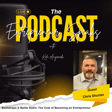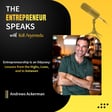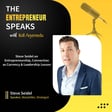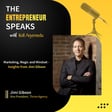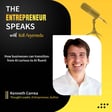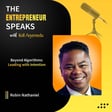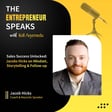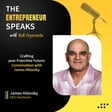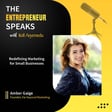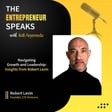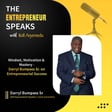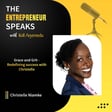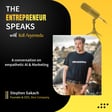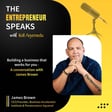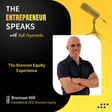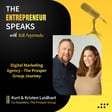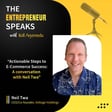
The Customer Xperience Factor - A conversation with Vance Morris
In this episode of The Entrepreneur Speaks, I sit down with Vance Morris , former Disney employee turned entrepreneur, coach, and customer experience strategist. From creating magical moments at Disney to building his own thriving businesses, Vance has spent decades mastering the art of customer experience, service recovery, and building systems that drive real profit. He’s a bestselling author, sought-after consultant, and a trusted voice in helping entrepreneurs grow with intention.
We explore the highs and lows of his entrepreneurial journey, the Disney principles that still guide him today, and how businesses large or small can deliver exceptional experiences that keep customers coming back.
Whether you’re a founder, marketer, or service professional, this episode is packed with actionable insights you won’t want to miss.
Let’s enjoy this conversation with Vance Morris
Don't forget to like and subscribe !
#CustomerExperience #Entrepreneurship #TheEntrepreneurSpeaks #VanceMorris #DisneyExcellence #BusinessGrowth #Podcast
